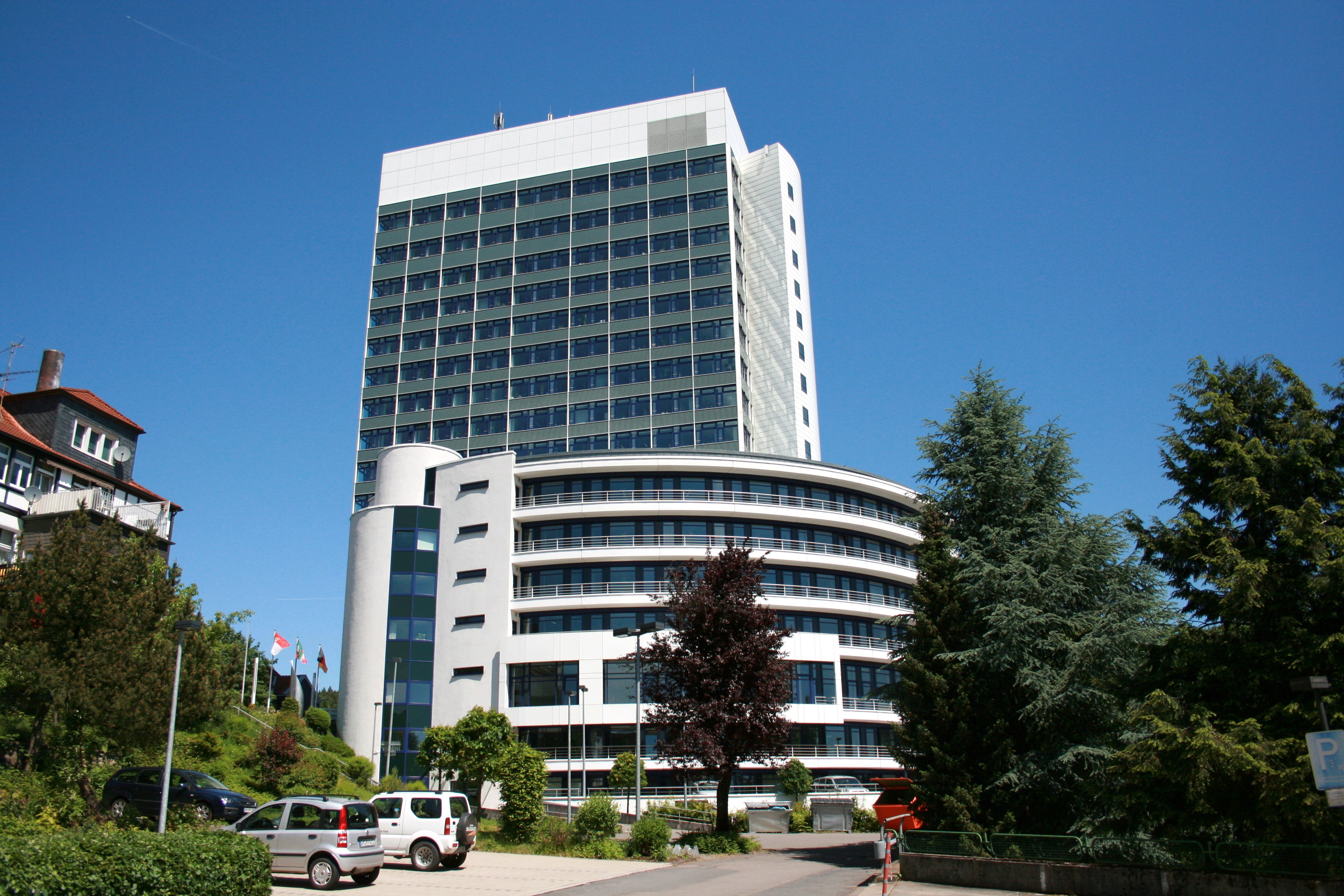|
Sondern, Radevormwald
Sondern is a small village approximately the north of Radevormwald Radevormwald (; ksh, Radefürmwald) is a municipality in the Oberbergischer Kreis, in North Rhine-Westphalia, Germany. It is one of the oldest towns in the Bergischen Land, formerly the County and Duchy of Berg. Geography Radevormwald is locat ..., in Oberbergischer Kreis district, North Rhine-Westphalia, Germany. It lies to the south of Remlingrade, and close to Birken, Im Kamp, and Herkingrade. Politically the village is represented by candidates of the electoral district 170 of the Radevormwald city Council. Around the year 1400 the village was mentioned as "Sunderen" in documents of the archives of the Reformed church in Radevormwald in connection with the description of the boundaries of the Free Court of Radevormwald at the time.Klaus Pampus: ''Urkundliche Erstnennungen oberbergischer Orte'' (= ''Beiträge zur Oberbergischen Geschichte.'' Sonderband 1). Oberbergische Abteilung 1924 e.V. des Bergisc ... [...More Info...] [...Related Items...] OR: [Wikipedia] [Google] [Baidu] |
Radevormwald
Radevormwald (; ksh, Radefürmwald) is a municipality in the Oberbergischer Kreis, in North Rhine-Westphalia, Germany. It is one of the oldest towns in the Bergischen Land, formerly the County and Duchy of Berg. Geography Radevormwald is located about 50 km east of Cologne. At 421 metres above sea level, it was the highest-situated town in the administrative region of Düsseldorf; it is now in the administrative region of Cologne. Neighbouring places * Ennepetal * Breckerfeld * Halver * Wipperfürth * Hückeswagen * Remscheid * Wuppertal * Schwelm Division of the municipality Places submerged by the Wuppertal dam * Dörpe * Friedrichstal * Nagelsberger Gemarke * Oege Wupper villages The river Wupper flows through part of the town lands. In the villages Dahlerau, Vogelsmühle and Dahlhausen – which are located in the Wupper valley and so are known as the "Wupper villages" – this led to the establishment of textile works. These settlements used the water for the ... [...More Info...] [...Related Items...] OR: [Wikipedia] [Google] [Baidu] |
Oberbergischer Kreis
The Oberbergischer Kreis ( ksh, Boverbärjische Kreiß) is a ''Kreis'' (district) in the state of North Rhine-Westphalia, Germany. Neighboring districts are Ennepe-Ruhr, Märkischer Kreis, Olpe, Altenkirchen, Rhein-Sieg, Rheinisch-Bergischer Kreis, and the urban districts Remscheid and Wuppertal. Name The district was named after the region known as ''Bergisches Land'', which belonged to the County of Berg for most of the medieval era. What is called "Oberbergisch" ("upper Bergian") lies in the southeast of that earldom. By 1740, descriptions of the area distinguished between "Niederbergisch", which was north of the river Wupper, and "Oberbergisch" to its south. In 1816, after the entire Rhineland was annexed to Prussia, the districts of Waldbröl, Homburg, Gimborn, Wipperfürth, and Lennep were created within the area now covered by the district. In 1825 the districts Gimborn and Homburg were merged into the district Gummersbach. In 1932 it was merged with the district of Waldbr ... [...More Info...] [...Related Items...] OR: [Wikipedia] [Google] [Baidu] |
North Rhine-Westphalia
North Rhine-Westphalia (german: Nordrhein-Westfalen, ; li, Noordrien-Wesfale ; nds, Noordrhien-Westfalen; ksh, Noodrhing-Wäßßfaale), commonly shortened to NRW (), is a States of Germany, state (''Land'') in Western Germany. With more than 18 million inhabitants, it is the List of German states by population, most populous state of Germany. Apart from the city-states, it is also the List of German states by population density, most densely populated state in Germany. Covering an area of , it is the List of German states by area, fourth-largest German state by size. North Rhine-Westphalia features 30 of the 81 German municipalities with over 100,000 inhabitants, including Cologne (over 1 million), the state capital Düsseldorf, Dortmund and Essen (all about 600,000 inhabitants) and other cities predominantly located in the Rhine-Ruhr metropolitan area, the largest urban area in Germany and the fourth-largest on the European continent. The location of the Rhine-Ruhr at the h ... [...More Info...] [...Related Items...] OR: [Wikipedia] [Google] [Baidu] |
Germany
Germany,, officially the Federal Republic of Germany, is a country in Central Europe. It is the second most populous country in Europe after Russia, and the most populous member state of the European Union. Germany is situated between the Baltic and North seas to the north, and the Alps to the south; it covers an area of , with a population of almost 84 million within its 16 constituent states. Germany borders Denmark to the north, Poland and the Czech Republic to the east, Austria and Switzerland to the south, and France, Luxembourg, Belgium, and the Netherlands to the west. The nation's capital and most populous city is Berlin and its financial centre is Frankfurt; the largest urban area is the Ruhr. Various Germanic tribes have inhabited the northern parts of modern Germany since classical antiquity. A region named Germania was documented before AD 100. In 962, the Kingdom of Germany formed the bulk of the Holy Roman Empire. During the 16th ce ... [...More Info...] [...Related Items...] OR: [Wikipedia] [Google] [Baidu] |
Villages In North Rhine-Westphalia
A village is a clustered human settlement or community, larger than a hamlet but smaller than a town (although the word is often used to describe both hamlets and smaller towns), with a population typically ranging from a few hundred to a few thousand. Though villages are often located in rural areas, the term urban village is also applied to certain urban neighborhoods. Villages are normally permanent, with fixed dwellings; however, transient villages can occur. Further, the dwellings of a village are fairly close to one another, not scattered broadly over the landscape, as a dispersed settlement. In the past, villages were a usual form of community for societies that practice subsistence agriculture, and also for some non-agricultural societies. In Great Britain, a hamlet earned the right to be called a village when it built a church. [...More Info...] [...Related Items...] OR: [Wikipedia] [Google] [Baidu] |

.jpg)
